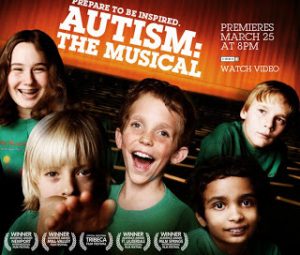Engage in Practice-Informed Research and Research-Informed Practice.
It is important for social workers to understand qualitative and quantitative research methods and the role that research plays in advancing social work, as well as evaluating best practices. Social workers know and understand the principles of logic and scientific inquiry, the importance of being culturally informed, and how using ethical approaches builds knowledge. Evidence-based practices are recognized by social workers and aid in informed practice. Social workers understand the importance of translating research and implementing it into effective practice in order to deliver relevant and needed services to those they serve.
PRACTICE BEHAVIORS:
4A – Engage in a review of contemporary best practices.
Academic Evidence: During my Advanced Policy class, I worked with my group to create an annotated bibliography that examined various practices of sexual education and the effectiveness each had on pregnancy rates, healthy relationships, as well as sexually transmitted illnesses education. The purpose of this was to understand the benefits and cons of various sexual health education. Through this research, we were able to research identify best-practices for teaching youth about sex.
Field Evidence: While at the CAC, I created an annotated bibliography examining the three main therapies done at the center: Cognitive Behavioral Therapy, Applied Behavioral Therapy, and Music Therapy. The purpose of this research was to help me understand the services we provided at the clinic and how each type of therapy has its own exclusive benefits. After reviewing these practices, I was able to better identify which therapy would be most beneficial to a client.
4B – Conduct research that responds to social work practice needs.
Academic Evidence: While in my Advanced Administrative I class, I was able to conduct research for a program proposal. This program proposal sought to educate Hispanic/Latinx high school students in Dalton Georgia on generational trauma, the impact that it can have on them, and ways to cope with this trauma.
Other Evidence: As a part of the Spectrum Playhouse committee through the CAC, one thing I was tasked with was watching this documentary “Autism: The Musical”. The purpose of watching this film was to better understand the connection between music and autism. This film meets a need that I had never seen before and this is what we were striving for with Spectrum Playhouse. At my supervision meeting after watching this film, I discussed with my supervisor what I learned and how I thought we could apply this in our practice at the CAC.
